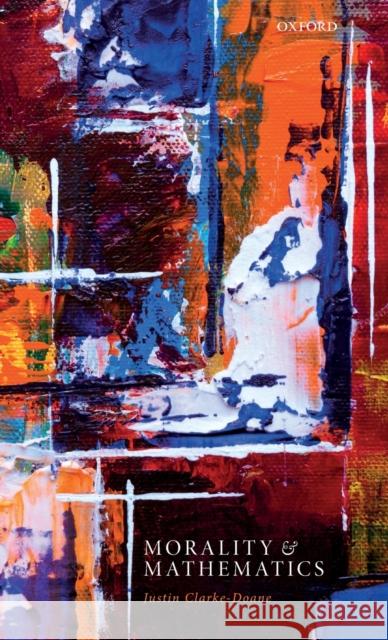Morality and Mathematics » książka
topmenu
Morality and Mathematics
ISBN-13: 9780198823667 / Angielski / Twarda / 2020 / 224 str.
Morality and Mathematics
ISBN-13: 9780198823667 / Angielski / Twarda / 2020 / 224 str.
cena 366,74
(netto: 349,28 VAT: 5%)
Najniższa cena z 30 dni: 297,41
(netto: 349,28 VAT: 5%)
Najniższa cena z 30 dni: 297,41
Termin realizacji zamówienia:
ok. 16-18 dni roboczych.
ok. 16-18 dni roboczych.
Darmowa dostawa!
Kategorie BISAC:
Wydawca:
Oxford University Press, USA
Język:
Angielski
ISBN-13:
9780198823667
Rok wydania:
2020
Ilość stron:
224
Waga:
0.38 kg
Wymiary:
22.0 x 13.4 x 1.7
Oprawa:
Twarda
Wolumenów:
01











